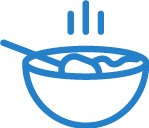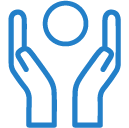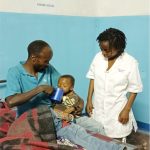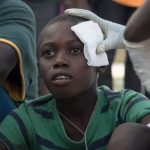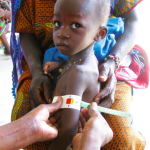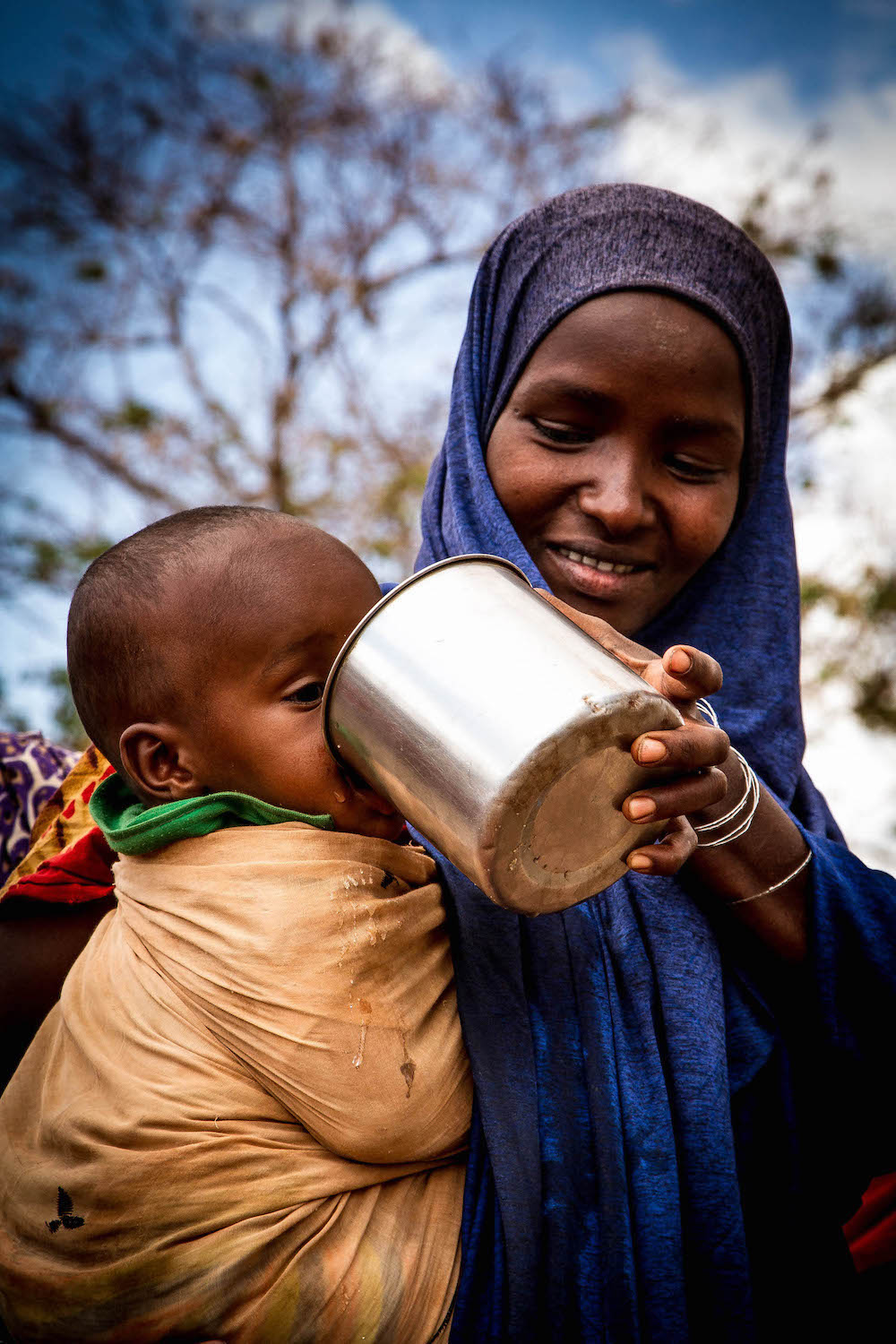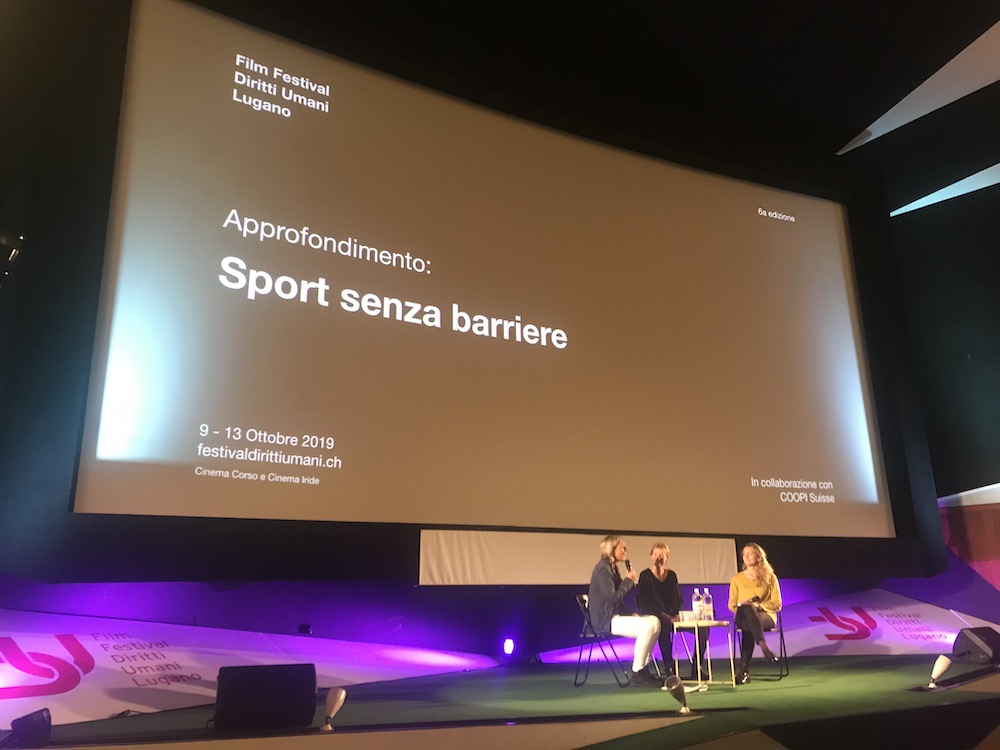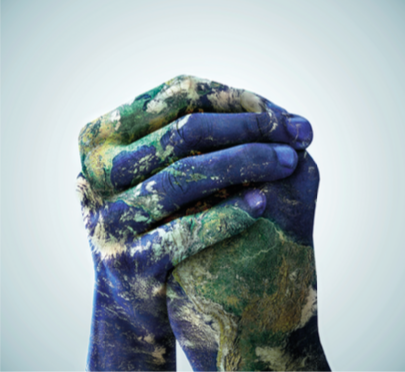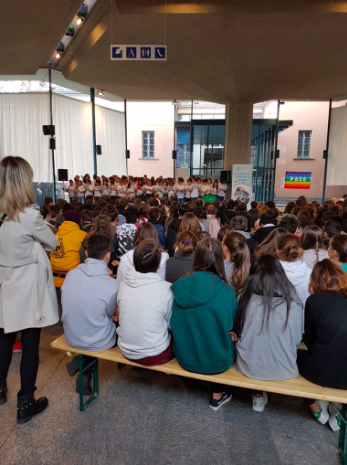RAISED: € %RAISED%
Still hungry: malnutrition in Niger
COOPI Suisse's project against child malnutrition in Niger has concluded.
It is estimated that over 8 million children under the age of five require emergency food throughout the Sahel region, badly hit by the crisis of recent years.
Acute malnutrition is overcoming emergency thresholds in several countries including Niger, where the growing fragility of the country increases the inability to cope with the massive cases of severe acute malnutrition and severe food insecurity.
This scenario worsened in 2018 due to terrorist acts, military operations and inter-community conflicts, which increased the number of displaced people, thus further worsening the health situation.
Health facilities are needed to treat children suffering from malnutrition, tools and correct hygiene practices on the use of water and how to avoid bacterial infections that lead to 50% of cases of malnutrition.
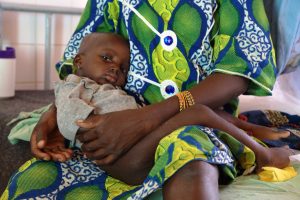 To reduce mortality linked to malnutrition, quality paediatric care for children with medical complications remains a priority. For this, COOPI Suisse guaranteed the most essential medicines to 16 health facilities in the area. These already provide for adequate health care, free of charge, ensuring that the most complex cases are taken on following the appropriate standards, decided by the Ministry of Health.
To reduce mortality linked to malnutrition, quality paediatric care for children with medical complications remains a priority. For this, COOPI Suisse guaranteed the most essential medicines to 16 health facilities in the area. These already provide for adequate health care, free of charge, ensuring that the most complex cases are taken on following the appropriate standards, decided by the Ministry of Health.
Furthermore, to contribute to the improvement of the quality of nutritional care in an integrated manner, COOPI Suisse implemented water and hygiene interventions at health facilities that cover coastal villages, where the onset of diseases related to poor water quality are more frequent.
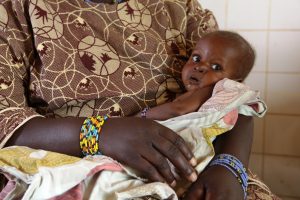
In addition to guaranteeing access to clean water in the supported centers (proper maintenance of the installed equipment at the health facilities, promotion of good hygiene practices, availability of water and tools at the washing points, etc.), COOPI Suisse provided children suffering from malnutrition the same even at home thanks to a minimum support package, for the entire duration of the treatment (soap, kettle, tablets to disinfect non-potable water, cup, bucket and canister). The composition of the kit covers the needs of all family members. The distribution was also accompanied by hygiene and health education sessions with the head of the family.
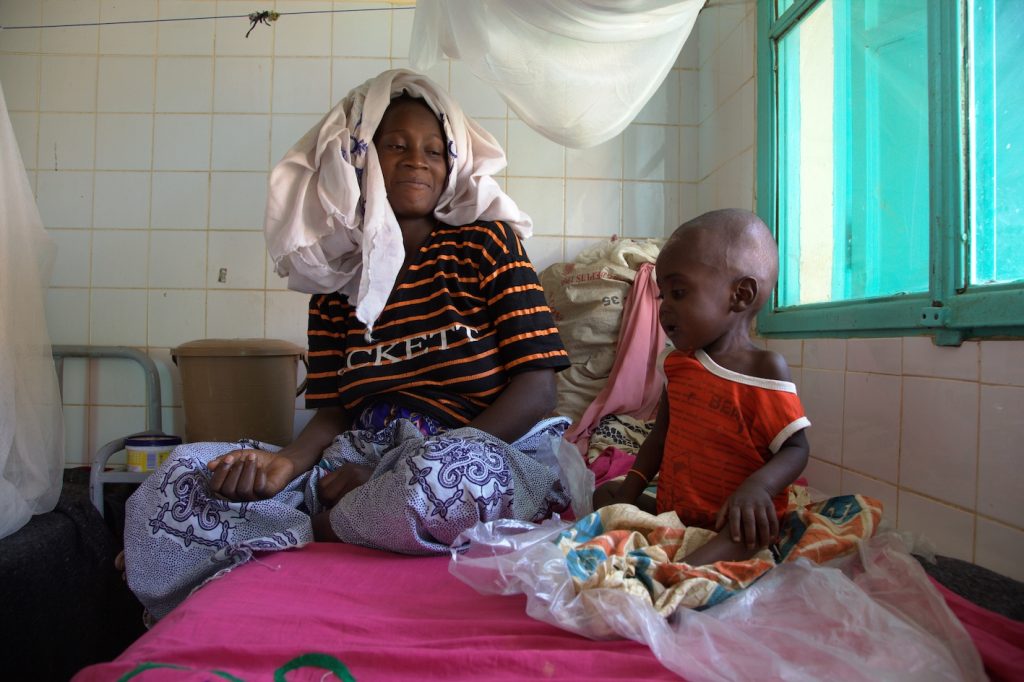
The direct beneficiaries of the project include approximately 2,070 children suffering from severe and moderate acute malnutrition in all 16 centers supported by the project. Also, with the distribution of hygiene kits, water can reach as many as 525 families, a total of about 3,150 people.
The project was carried out from May 2019 to April 2020.




